By Maxmilian Wechsler
| 1972 was the year when Chulabhorn Dam, named after Princes Chulabhorn Walailak, was opened in Chaiyaphun province. The year also saw the birth of Bangkok Hospital by top medical professionals and the founding of Thai Presidents Foods PCL, makers of the internationally recognized ‘MAMA” noodles brand. Other major news stories included: January
February
March
May
|
June
September
November
December
- Doctors at Ramathibodi hospital in Bangkok performed the first sex change operation in Thailand. The patient, Lek Hokkam, threatened to commit suicide if doctors refused to perform the operation. Doctors proclaimed the operation a success after surgery.
- Hat Yai International Airport was opened, making it possible for international travelers to avoid Bangkok if they wished.
- The founder of Air Siam, Prince Varananda Dhavaj, son of Prince Chudadhuj Dharadilok, resigned as Chairman and CEO. The Prince founded the airline in 1965 and was said to be ‘dead broke’ in 1972. The problems arose the year before when Air Siam started a Bangkok-Los Angeles route. The Prince said: “People thought I was competing with the government-owned airline”, referring to Thai Airways International which later bought Air Siam.
September
- New regulations were adopted to regulate foreign businesses and workers, with more restrictions applied on the type of industries in which they were allowed involvement. The government said the new regulations were designed to increase employment opportunities for Thai nationals and reduce foreign influence over Thai companies. The new regulations stipulated, among other things, that legal and architectural firms had to be Thai majority-owned within two years.
November
- Anti-Japanese sentiment was running high in Thailand, with students leading activities against Japanese interests in the country. The National Student Council and Boy Scouts began pasting posters throughout Bangkok and Chiang Mai demanding a boycott of Japanese products. The National Student Centre accused Japan of using business tricks to cheat Thailand and make it an ‘economic slave’. Police seized machetes and other weapons from Nonthaburi Engineering School students who planned to demonstrate at the Japanese-owned Thai Daimaru department store.
December
- On December 28 Prince Vajiralongkorn was invested as Crown Prince in a ceremony attended by nobles, diplomats, religious leaders, politicians and military officers at Ananta Smakorn Throne Hall. Many foreign leaders sent gifts and messages of congratulations. After the formal declaration the King poured lustral water on the Prince as monks chanted.
- On the same day the investiture was in progress, four Arab gunmen armed with automatic weapons from the Black September terrorist group stormed the Israeli embassy in Bangkok and held six hostages. The terrorists demanded the release of 36 Arab and Palestinian hostages held in Israel and threatened to kill their hostages if their demands were not met. The terrorists set off explosives around the embassy complex, but after tense negotiations they agreed to end the siege. The hostages were released the next morning and the terrorists were allowed to depart for Egypt.
- Dr Chamnah Yuwaboon was appointed first mayor of Greater Bangkok. A few weeks later Bangkok and Thonburi joined under a new administrative structure designated Krungthep Mahanakhon. The title of Bangkok administrative chief has since been changed to governor.
1973 saw the formation of the present Bangkok Metropolitan Administration (BMA). Bangkok Land real estate company was founded and Central Chidlom department store opened its doors for the first time. Also in 1973, Thai film company Five Star Productions was founded and Rajabhat University was established in Kanchanaburi province.
March
April
May
June
August
September
October
November
December
March
- The stockpiling of rice by middlemen looking for bigger profits caused shortages of rice and big price increases. The government responded by purchasing 10% of rice destined for export and selling it at the market price at outlets under its control. The government effort was unsuccessful in pushing down the price of rice, however, and shortages brought hardship to many people, mainly in the North and Northeast.
April
- The 84-kilometre Thonburi-Pak Tho highway was opened linking Thonburi with Samut Prakan and Samut Songkhram provinces. The time needed to reach Hua Hin and points south was cut considerably.
May
- Army commander Praphas Charusathien was promoted to the rank of field marshal. Praphas held simultaneously the positions of deputy supreme commander of the Royal Thai Armed Forces, army commander-in-chief, commander of the Communist Suppression Operations Command, deputy prime minister, interior minister, director-general of the police department, deputy commander of the National Security Council, and president of the Boy Scouts.
June
- A group of Ramkhamhaeng University students organized a protest demanding resignation of the rector for expelling nine students for publishing a satirical magazine that mocked the government and military officials. Protests spread to other universities and more than 10,000 anti-government demonstrators gathered in Bangkok. The government agreed to reinstate the nine students, but they remained suspended. More protests followed, culminating in the resignation of the rector.
- According to a survey by the Bangkok Post, “a sharp increase in tourists visiting from West Germany has brought more money to restaurants, hotels, nightclubs and beaches”. The newspaper said the number of German tourists had soared from 4,263 in 1963 to nearly 53,000 in 1972.
- Doctors at Chulalongkorn Hospital successfully performed the country’s first transplant of a kidney provided by a living donor. Somchai Nuaisukul gave one of his healthy kidneys to his brother, Sampan, as both of his kidneys were heavily diseased. Thai surgeons had previously performed kidney transplants but never from a living donor.
August
- A fire at luxurious Oriental hotel in Bangkok destroyed the lobby and several suites. The fire was apparently caused by a short circuit in an air conditioning unit. The fire caused an estimated five million baht in damage that included art treasures and antiques. Dozens of firefighters battled the blaze for more than two hours.
September
- The corpse of an alleged communist insurgent was displayed on an open truck throughout the provincial capital of Phatthalung with a sign warning the public that other guerillas would meet the same fate. The body was that of Chamroen Muangcham, allegedly responsible for the killing of government-backed militia officers. He was shot dead in a battle between 20 guerillas and a 70-man border patrol unit.
October
- Mass demonstrations erupted after 13 student leaders and activists were arrested for distribution of leaflets calling for the early promulgation of a constitution. When police couldn’t control thousands of demonstrators outside Chitralada Palace the military was called to disperse protesters and began firing into the crowd. Official figures list 77 students killed and 857 injured. The violence continued for several days with buildings on Ratchadamnoen Avenue set on fire. The mass demonstrations led to the collapse of the Thanom regime. He fled to the US with family members. His son, Colonel Narong Kittikachorn, and father-in-law General Praphas Charusathien escaped to Taiwan with their families.
- Siam Center was opened with a great pomp. Buddhist monks blessed the opening ceremony with the Princess Mother and other distinguished guests in attendance. It was the biggest indoor shopping centre in Thailand at the time.
November
- Thousands of workers went on strike throughout the country demanding better pay, walking out of hospitals, banks, government offices, factories and other enterprises. The government lead by Prime Minister Sanya Dharmasakti said it was considering an increase in the minimum wage, which was set at 16 baht a day.
December
- PM Sanya was given emergency powers as Thailand faced crisis after oil- producing Gulf states announced a doubling of price of oil. The decree empowered the PM to regulate the production, sale, transportation, possession and importation of all types of fuel. In an attempt to save energy, business hours and services were reduced in Bangkok, street lights were dimmed and a curfew was imposed on petrol station opening hours. The new regulations caused protests from nighttime entertainment venues.
| 1974 was the year when Sirikit Dam, named after Queen Sirikit, was opened and the Social Action Party was founded. It also saw the birth of Payap University, a private institution in Chiang Mai founded by the Church of Christ. January
June
July
October
November
December
|
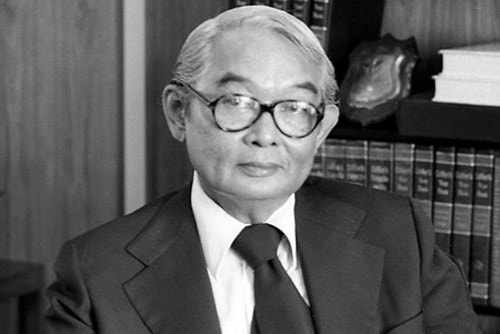
1975 saw the formation of the Stock Exchange of Thailand and the Taipei Economic and Cultural Office. The Human Development Foundation, also referred as Mercy Centre, was established and the Nong Khai refugee camp was built to accommodate the influx of Laotian refugees following the fall of Laos to communist insurgents.
January
February
May
August
October
November
December
January
- More than 1,000 students were sent home after 57 teachers at five primary schools in Yala province in southern Thailand quit, fearing they could be the target of kidnapping and other violence by Islamic separatists. The teachers said they would not return until better security was provided.
- In the general election the Democrat Party won 72 seats in the 269 seat House of Representatives. Social Justice Party was second, winning 45 seats, and the Thai National Party came in third with 28 seats. More than 40 parties contested the election.
February
- An earthquake centred under the Andaman Sea and measuring 6.0 on the Richter scale rocked Bangkok and nine other provinces. Thousands of panicked workers ran out of Bangkok office towers but no deaths, injuries or damage were reported.
- In a demonstration organized by the National Students Centre of Thailand 8,000 people gathered in Sanam Luang to protest alleged human right violations by the Internal Security Operation Command (ISOC) in villages in Phattalung province. ISOC was assigned to suppress the communist insurgency. Student activists who travelled to Phattalung said they had evidence that 868 villagers had been killed in suppression activities in 1971-1972. Three days after the protest supervision of ISOC was transferred from the Army to the Interior Ministry.
May
- More than 10,000 people marched on the US embassy to protest theunauthorized use of U-tapao air base by the US military in an operation to free the Mayaguez merchant ship seized by Khmer Rouge guerrillas. The students held up placards and shouted anti-American slogans. The Thai government demanded an apology from the US for flying over 1,000 Marines to U-tapao base without permission. The US later issued an apology for violating Thai sovereignty.
- A bill allowing people to carry guns without a permit was passed overwhelmingly by Parliament in response to an alarming increase in crime.
August
- The home of Prime Minister Kukrit Pramoj was ransacked by a mob of hundreds of people led by pistol-waving policemen. Police were angry at Kukrit because they thought the government was too lenient with leftists. The PM wasn’t at home during the attack.
- Hundreds of right-wing vigilantes went on a rampage at Thammasat University, shooting handguns, throwing bombs, burning buildings, and intimidating students involved in political activities. Luckily most students had already been sent home as university administrators were tipped off that the vigilantes were coming.
- The Phra Trat Phanom chedi collapsed after a freak storm. The chedi near the Thai-Lao border in Nakhon Phanom province was the oldest in Thailand. Some worshippers took this event as a bad omen and predicted war would break out between Laos and Thailand.
October
- Ampa Patharavanik became the first woman in Thailand to be promoted to the rank of ambassador. She later became ambassador to Sri Lanka.
November
- Seven months after the Khmer Rouge took over Cambodia, Thailand renewed diplomatic relations with Cambodia during a five-day visit to Bangkok by Cambodian Deputy Prime Minister Ieng Sary.
- An anti-Vietnamese mob went on a rampage in Nong Khai province a few days after communist Pathet Lao forces attacked Thai gunboats on the Mekong River. The mob attacked about 150 Vietnamese-run shops and homes. The Vietnamese were seen as communist sympathizers by the mob.
December
- Around 10,000 protesters marched through Pattani town to demand justice in the alleged killing of 18 Muslims by the military. Soldiers were put on alert and the National Security Council considered ordering a state of emergency.
- The Bangkok Metropolitan Administration decided to stop battling against street vendors and actually embraced them as a part of the city’s culture. Bangkok Deputy Governor Opas Thammavanij declared: “We can’t stop hawkers from selling things on the roadsides, nor can we live without them.”
| 1976 was the year when Pattaya became the second independent administrative area in Thailand (after Bangkok); Bangkok Mass Transit Authority began operations; Phayathai Hospital and RS PLC entertainment company were founded. January
March
April
June
August
September
October
December
|
*Sources for this story include archives of UPI, AFP, the Bangkok Post, The Nation and Wikipedia.

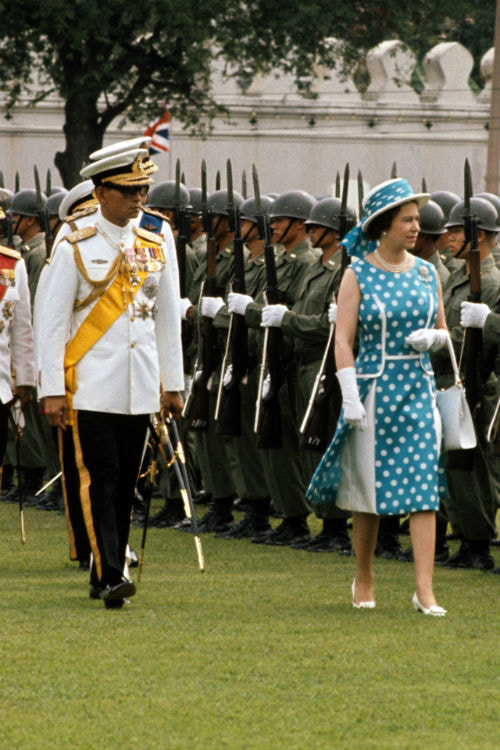
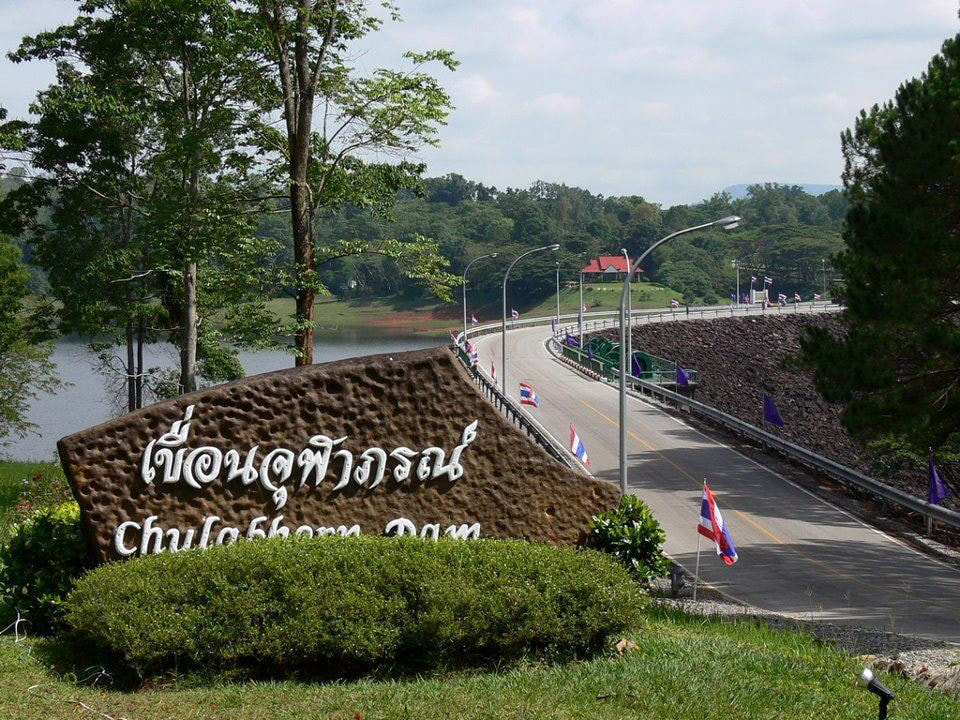
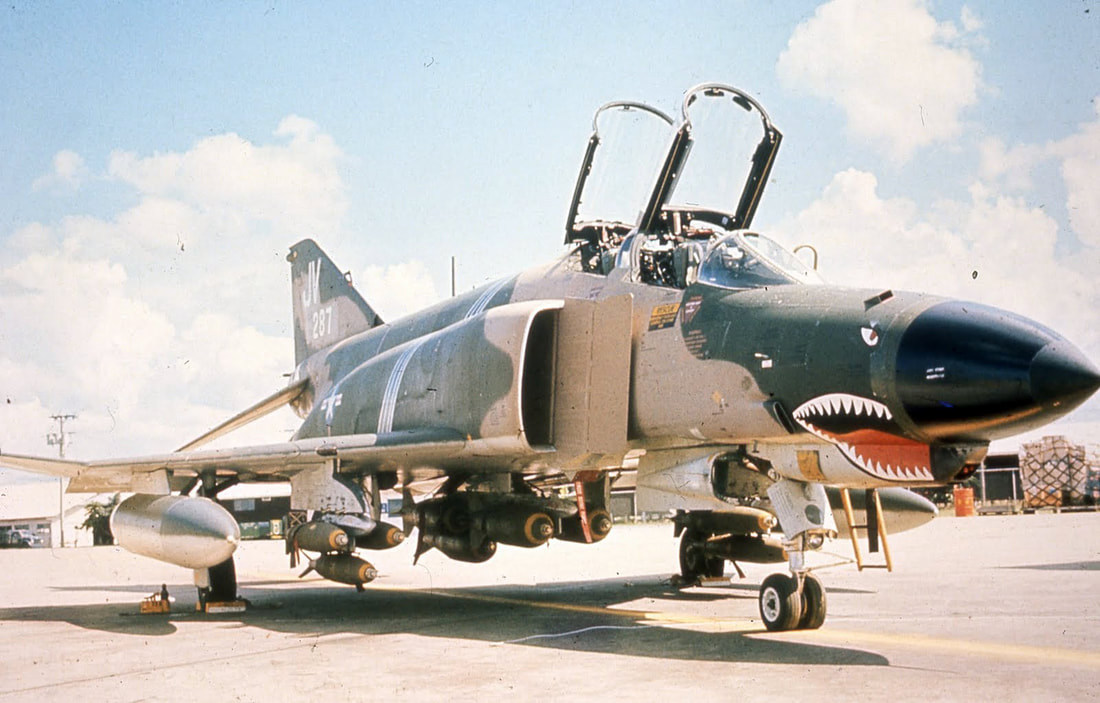
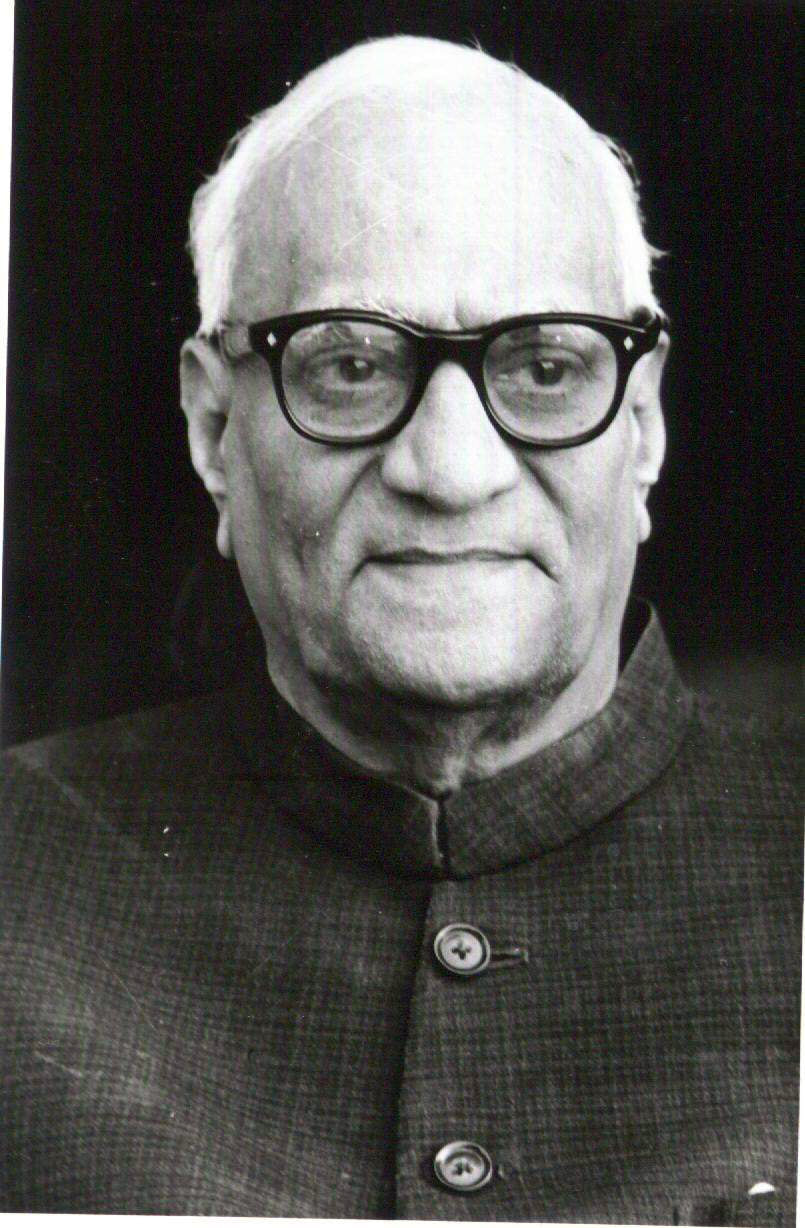
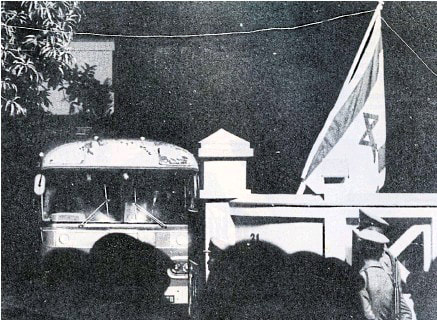
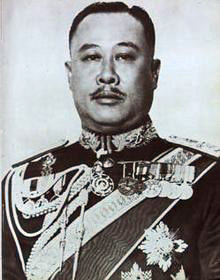
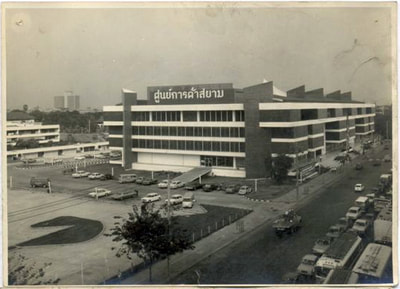
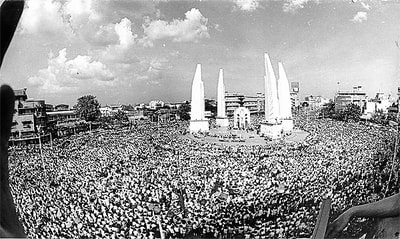
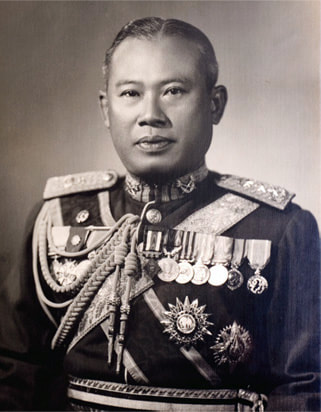
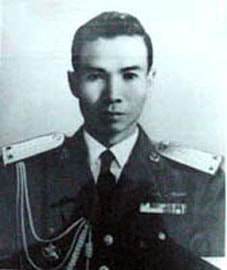
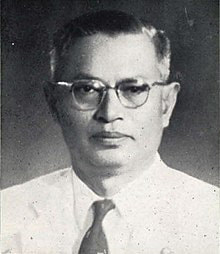
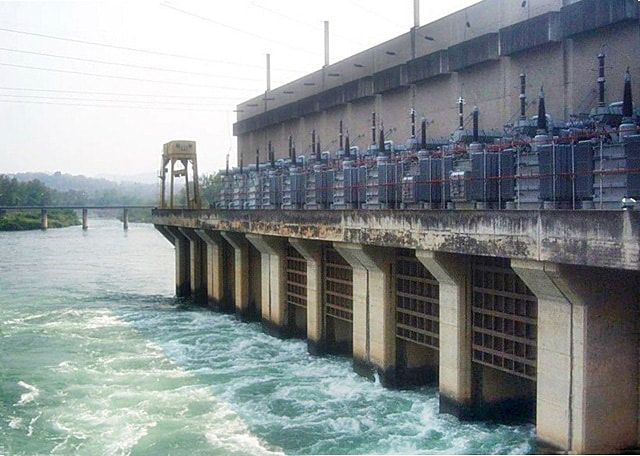
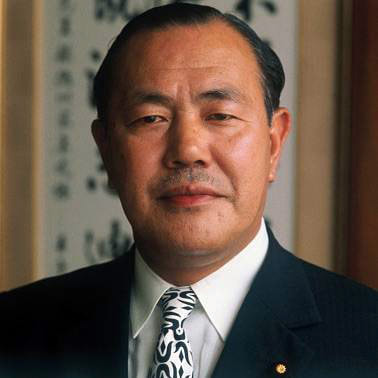
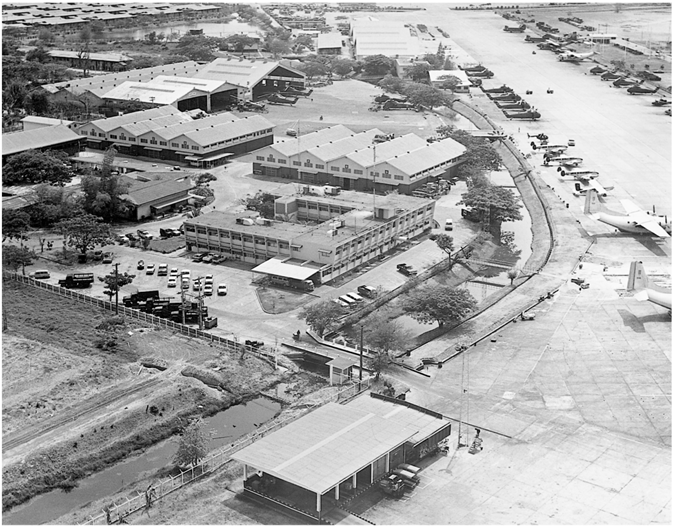
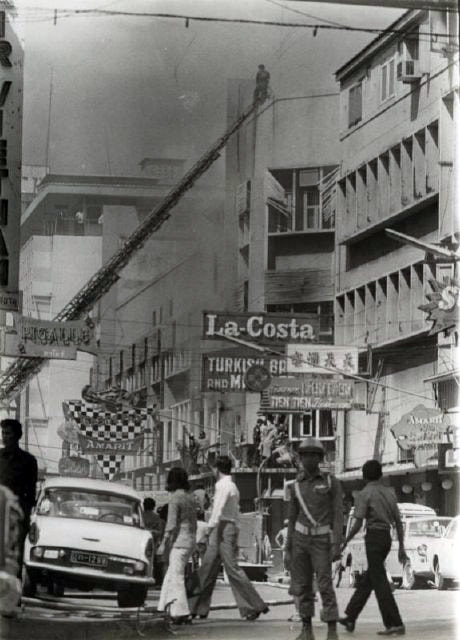
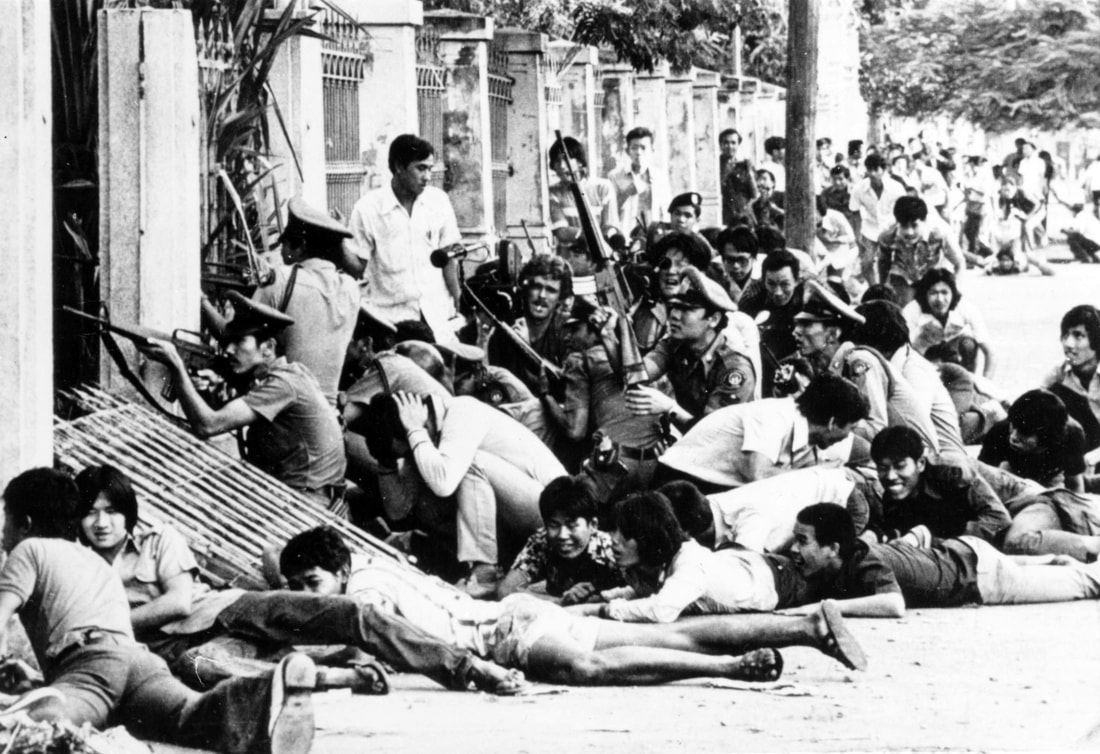
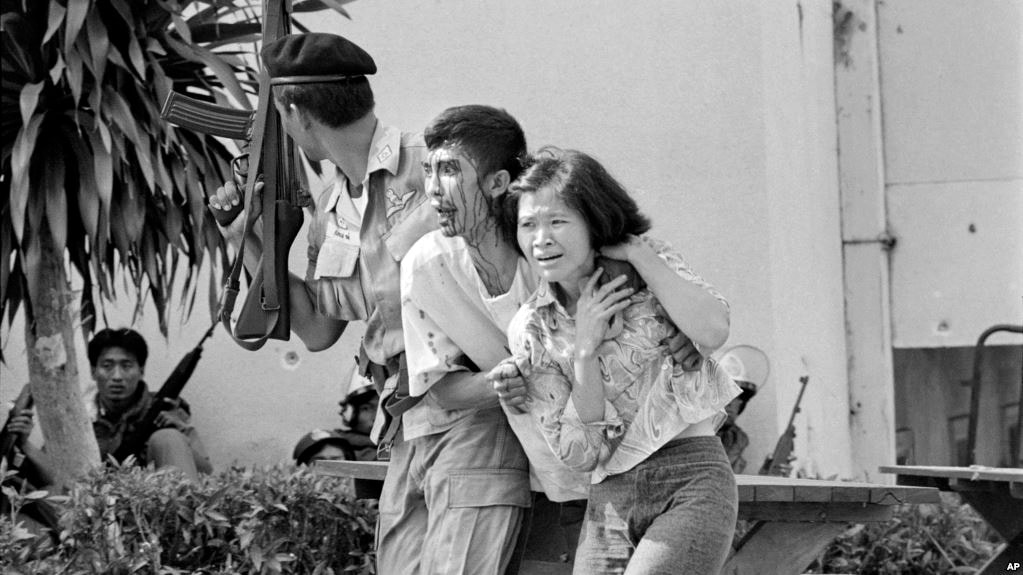
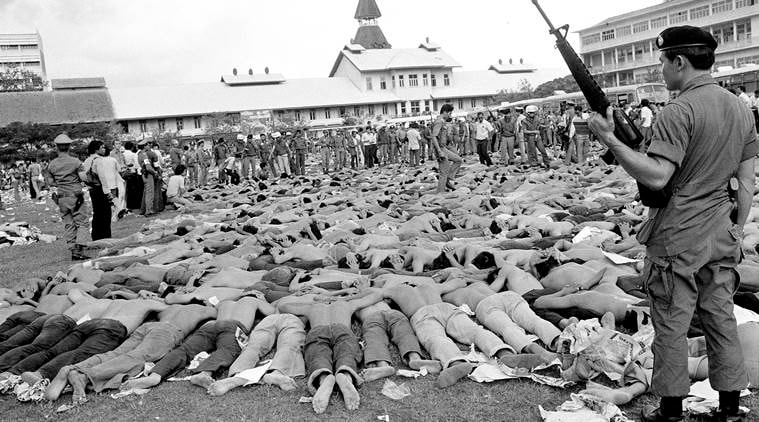
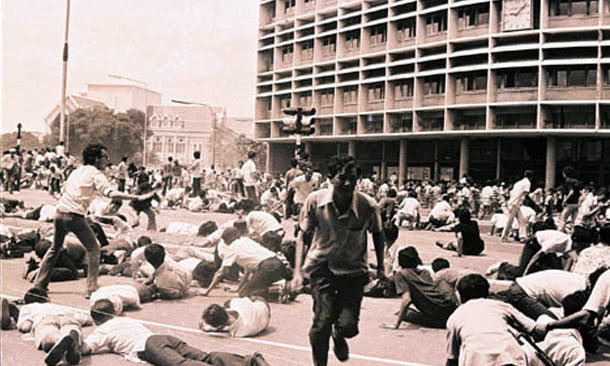
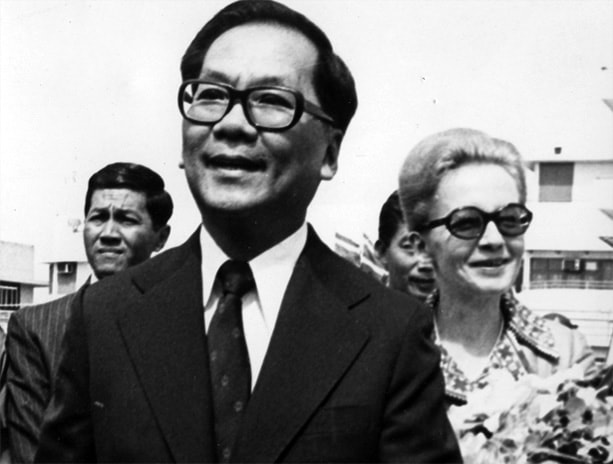
 RSS Feed
RSS Feed
















